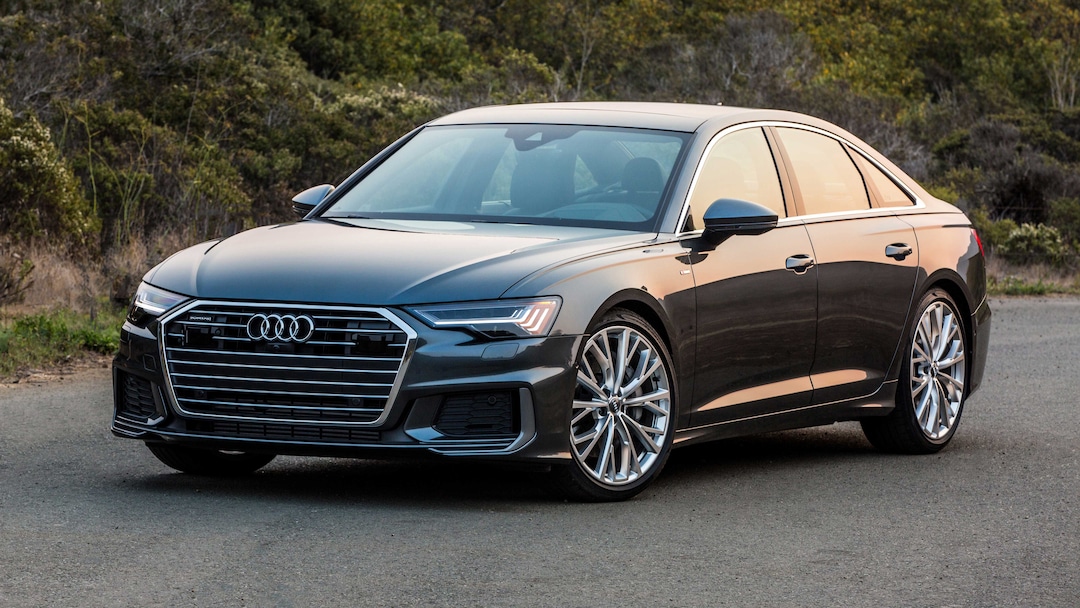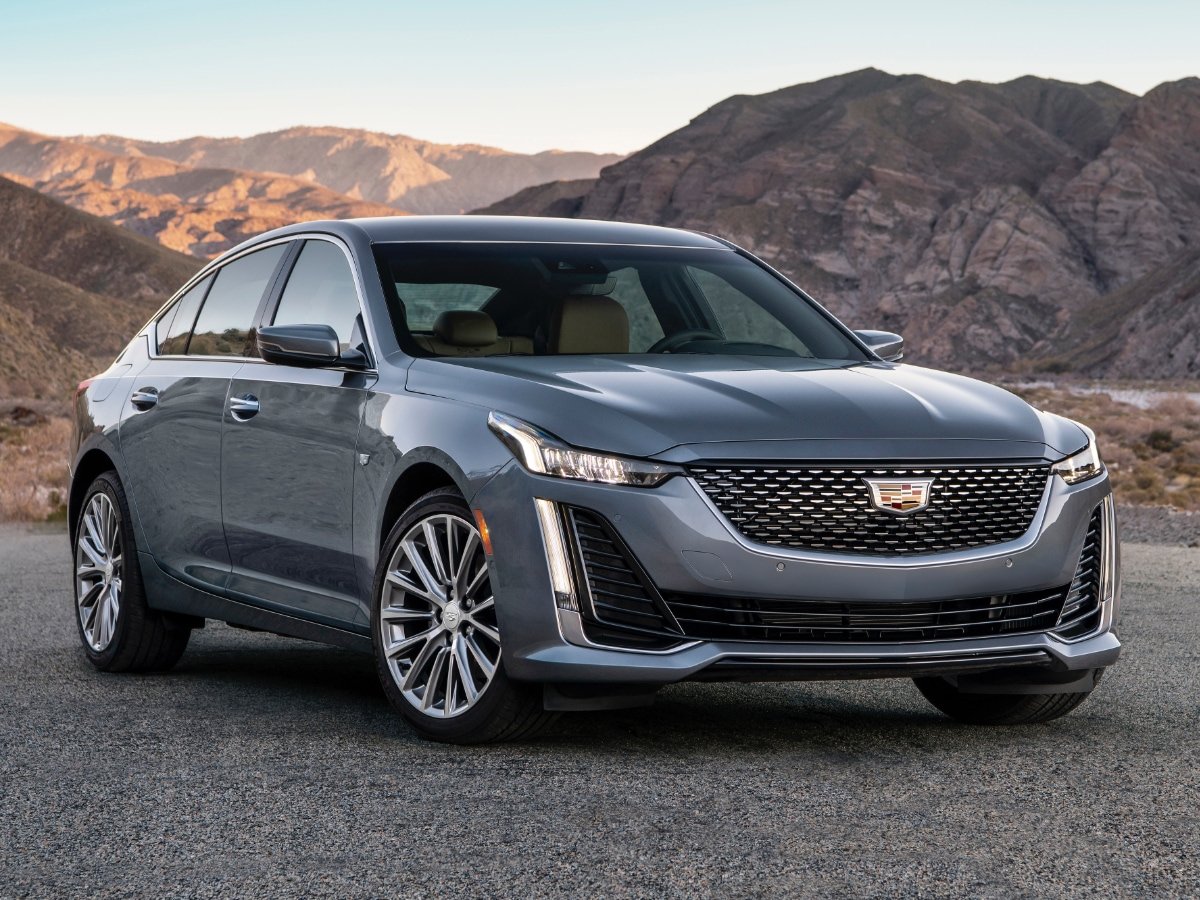A car is an engine-powered four-wheeled vehicle that is used to navigate a few people at a time over long and short distances comfortably. Some people argue that all cars that burn fossil fuels should be banned and electric cars should replace them. Undoubtedly, the replacement of fossil-powered cars with electric ones would relinquish a deep environmental impact by reducing carbon footprint, promoting a healthy atmosphere, and reducing emissions of greenhouse gases.
All the same, replacing all cars with electrical versions is challenging because of the increased cost, limited range, and charging issues associated with electric cars. Comprehensive efforts like addressing range issues, widespread charging units, and versatile economic incentives like tax and toll exemptions are required to converge the masses from fossil fuel cars towards eco-friendly electric cars.
The proponents of electric-powered cars believe that electric cars help combat global warming. These cars produce fewer or zero tailpipe emissions, leading to a significant reduction in harmful emissions like carbon dioxide (CO2), nitrogen oxides (NOx), and particulate matter.
Thus, electric cars improve local air quality in urban areas by reducing the emissions of pollutants that contribute to smog, respiratory problems, and other health issues. Besides, the shift to electric cars could drive innovation in clean energy technologies, battery storage, and renewable energy sources. These cars can improve air quality and potentially lead to better public health outcomes.
Contradictory to that, the opponents of electric-powered cars believe that these can be more expensive than traditional fossil fuel cars, making them less accessible to lower-income individuals. Also, these cars have a range of issues and charging issues like increased charging times compared to conventional vehicles, potentially affecting long-distance travel and convenience.
This makes these electric cars a less viable option to travel in emergency situations. Beyond that transitioning entirely to electric cars requires significant changes to charging infrastructure, electricity generation, and distribution systems. Last but not least is the environmental impact associated with these electric cars. Since these cars are run by electricity, if the electricity is generated from fossil fuels, the emissions could simply be shifted from tailpipes to power plants.
Conclusively, transitioning to electric cars is eco-friendly, suitable for a sustainable environment, and reduces the global emission impact but it is not that opportune to shift to electric cars altogether because of various issues associated with these battery-powered cars.
The governments, however, can motivate people to rely on electric cars by improving the charging and road infrastructure, through initiatives such as tax exemptions, toll exemptions, and free charging to promote electric vehicles in public use. Norway, for instance, has been a global leader in electric car adoption. The country offers various incentives such as tax exemptions, toll exemptions, and free charging to promote electric vehicles.
Likewise, the Netherlands has a well-developed charging infrastructure and offers tax benefits to electric car buyers. Similarly, many other countries of the world such as Iceland, Germany, France, Canada, UK have taken certain steps to divert the public away from fossil-powered cars. Apart from providing incentives to citizens the government must also work in collaboration with the private sector to improve the affordability of electric cars so more and more people could adopt them.
📍 English Language Educator | Blogger & Content Strategist | 7+ Years in Educational Blogging
Nosheen Bashir is a dedicated English teacher and experienced blogger with over seven years of expertise in content creation and educational writing. Passionate about language, literature, and effective communication, she combines her teaching experience with blogging skills to create insightful, research-backed content that helps learners and educators alike.
🔹 Expertise & Achievements:
✔ English Language Education: A skilled educator with years of experience in teaching English grammar, literature, and communication skills to students of varying levels.
✔ Educational Blogging: Running a successful blog for 7+ years, delivering well-structured, engaging content on language learning, writing techniques, and academic success.
✔ SEO & Content Strategy: Specializes in creating high-ranking, authoritative articles that follow Google’s EEAT principles, ensuring content that is both informative and search-friendly.
✔ Student-Centric Approach: Committed to making English easier, engaging, and accessible, helping readers and students improve their language proficiency.
🚀 With a passion for teaching and writing, Nosheen Bashir is dedicated to crafting educational content that empowers students, teachers, and language enthusiasts worldwide.












